The pure love story between the ferrywoman Hong and soldier Cuong in the movie Red Rain has moved many audiences. Many people wondered, in the midst of that fierce "fire pan", is there love like in the movie?
Hong and soldiers of squad 1 - Photo: DPCC.
The story of veteran Le Van Bat shows that the beautiful emotions of youth are not extinguished by bombs and bullets, becoming a source of strength for soldiers to firmly overcome hardships. Those beautiful and sacred memories follow them throughout their lives.
"At the age of twenty, I become waves/Lapping peacefully on the shore, forever and ever"
In 1972, in the middle of the fiery Quang Tri battlefield, young soldier Le Van Bat, then only 19 years old, from Phu Linh commune, Soc Son district, Hanoi, had a special memory of his soldier life, which after more than half a century is still intact in his memory.
“Just after turning 18, I followed the sacred call of the Fatherland, shouldered my backpack and joined the army, assigned to Regiment 102, Division 308, the main unit that participated in many major campaigns. I marched with my comrades to the Binh Tri Thien battlefield, which was considered one of the fiercest fronts of the resistance war against the US. In particular, the 81-day and night battle to defend Quang Tri Citadel (June 28 - September 16, 1972),” Mr. Bat recalled with emotion.
Veteran Le Van Bat.
Later, he learned that in the 81-day and night battle, on an area of less than 3 km², our army and people had to face 328,000 tons of bombs and ammunition, equivalent to 7 atomic bombs that the US dropped on Hiroshima. On July 25, 1972 alone, Quang Tri town suffered 35,000 artillery shells, not counting bombs from the air force.
In the memory of veteran Le Van Bat, the scenes of the fighting days, the soldiers crossing the Thach Han River while surrounded by artillery shells and firepower, will never fade. Countless people have fallen, forever lying on the sacred land of Quang Tri.
"''Boat to Thach Han... row gently
My friend is still there at the bottom of the river.
Twenty years old become waves
"Peaceful shore, forever and ever ", he emotionally read the verses in the poem "Words of the riverside people" by poet Le Ba Duong, which expressed the feelings of him and many comrades for those who lay down under the Thach Han river in the past.
Sacred feelings in the midst of war
What is special is that the memories of Quang Tri to veteran Le Van Bat are not only bombs falling and bullets exploding. Hidden in those fierce days is a pure feeling, hard to name, that later became an indelible mark.
One day, when he was off duty, Le Van Bat stayed in the shelter of a family who had not evacuated yet. They had to destroy the house's rafters and parallel sentences to make a bomb shelter, lit by a small battery.
He said that one day, while sleeping with an old man, he was startled to see someone lying next to him. At first, he was scared, but the old man reassured him: “Just rest assured, that is my daughter. She came home from school and fell asleep, so you didn’t know.” It turned out that it was the youngest daughter named Nguyen Thi Nhu Hoa, who was in 12th grade at the time.
Mr. Bat (standing in the middle, missing left arm) took a photo with the Association of People with Disabilities in Soc Son, Hanoi.
From that day on, the girl became close to the young soldier. The feelings between the two were both pure and difficult to name: not knowing if it was friendship, love or military-civilian love, but deep. “The two of us were very close. There were moonlit nights when we went out along the trenches, she talked about many things but never used the word ‘love’. Once Hoa only said: ‘I love you very much, a soldier who has to be far away from home…’ I will never forget Nhu Hoa’s actions and words,” Mr. Bat recalled.
Just when their love was just blossoming, Mr. Bat was injured. The last image he kept of her was her lingering figure seeing him off at the ferry dock so he could return to the rear for treatment.
“When I was injured, the unit took me away from my family for treatment, she cried. Hoa reluctantly took me to the ferry on the river bank, and also gave me a letter. The letter was very short, written like a poem:
Brother Bat is always remembered
Far apart to live close forever
Do not hesitate when we are apart
Miss you, stay with me
"When you come back, come with me, okay?", he said.
After liberation, he returned to La Giang many times, where Nhu Hoa's family lived, but the old village had changed, cities had sprung up close together, and the familiar water spinach fields and hillsides were no longer there. No one had any news of the girl from years ago, and he did not know if she was still alive or dead, because at that time, the "fire pan" of Quang Tri was very fierce.
He kept that little letter for the rest of his life as a sacred keepsake. The innocent feelings of those years had turned into immortal memories, a part of his soldier life, of his youth, of an unforgettable time of bombs and bullets.
“Putting down his gun”, veteran Le Van Bat returned to his hometown, successively holding many positions: Chairman of the Trading Cooperative, Chief of Commune Police, Vice Chairman and then Chairman of Phu Linh Commune People’s Committee (1985 – 1994). After that, he continued working at the enterprise until 1998, when his health declined and his eyes were almost blind.
However, he still had a burning desire: to have a legitimate organization for the disabled to be cared for and shared. In 2008, he and a number of individuals founded the Association of the Disabled in Soc Son District and has been the Chairman ever since.
For many people, war invalid Le Van Bat is not only a comrade, but also a "spiritual support", helping the disabled here overcome their inferiority complex and rise up in life.
Source: https://khoahocdoisong.vn/ky-uc-tinh-yeu-trong-lua-dan-cua-cuu-binh-quang-tri-post2149054594.html


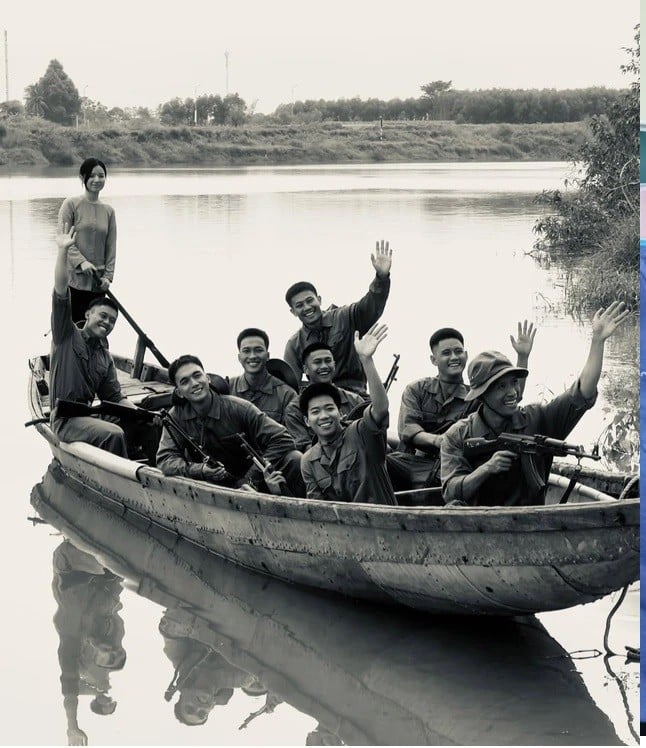
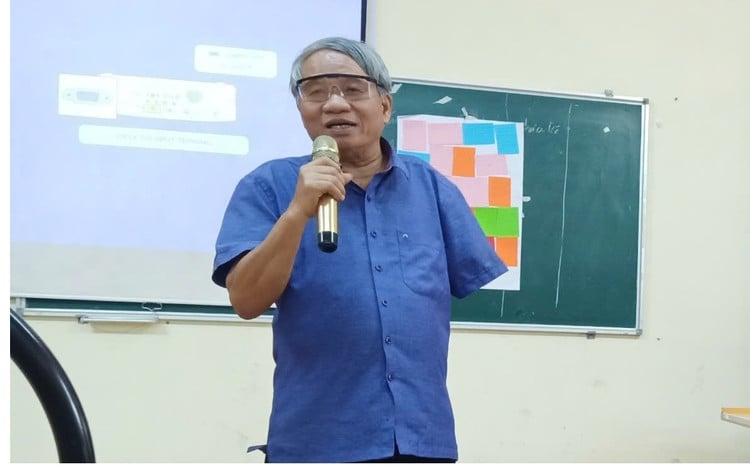
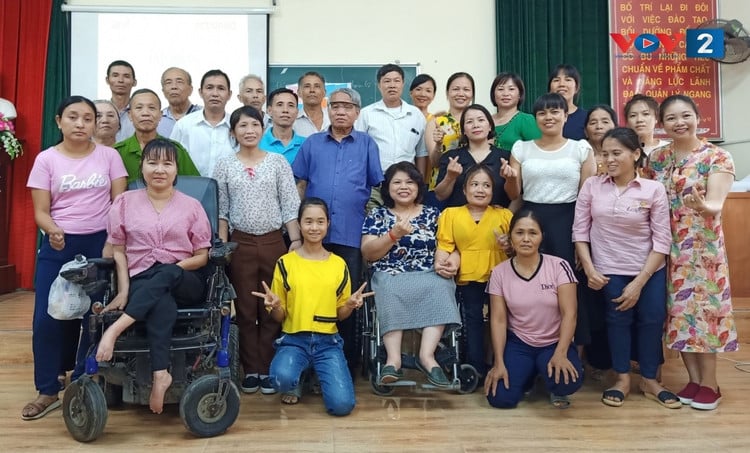

![[Photo] General Secretary To Lam attends the 1st Congress of the Central Party Committee of the Fatherland Front and Central Mass Organizations](https://vphoto.vietnam.vn/thumb/1200x675/vietnam/resource/IMAGE/2025/9/23/2aa63d072cab4105a113d4fc0c68a839)
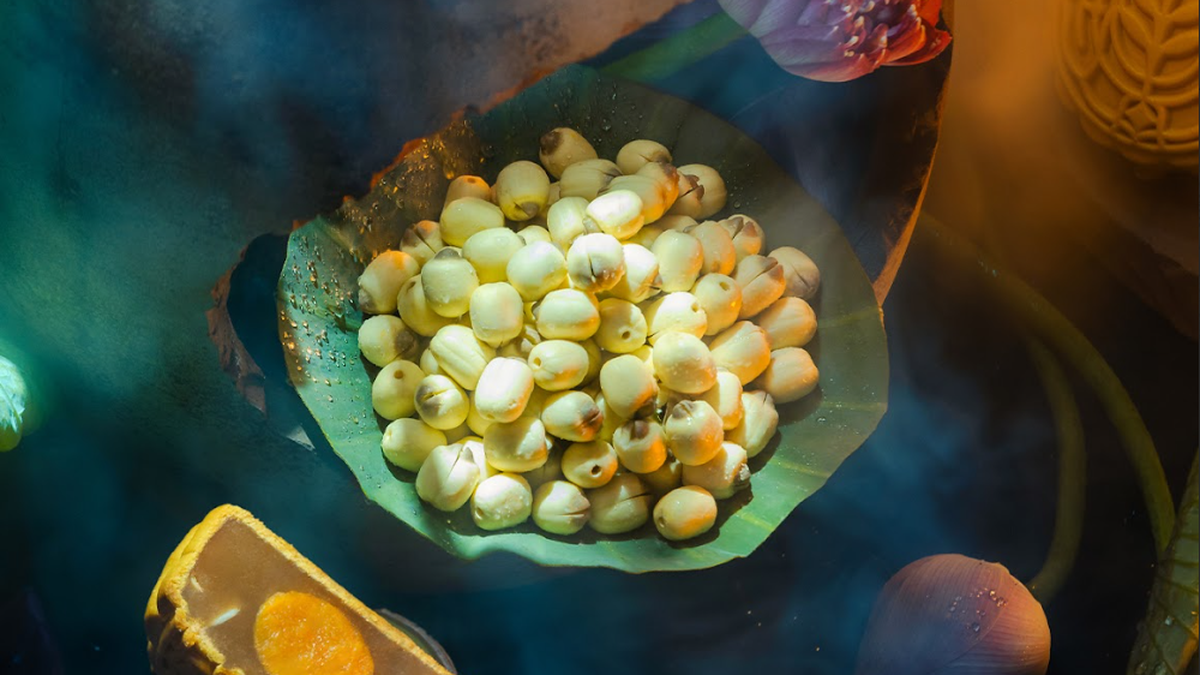




















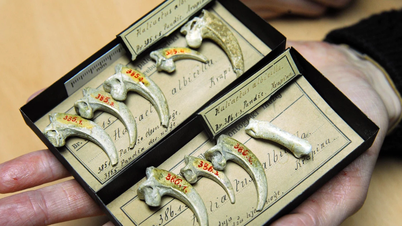



![[Photo] Prime Minister Pham Minh Chinh chairs the first meeting of the Central Steering Committee on housing policy and real estate market](https://vphoto.vietnam.vn/thumb/1200x675/vietnam/resource/IMAGE/2025/9/22/c0f42b88c6284975b4bcfcf5b17656e7)





















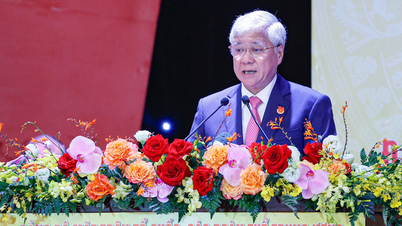























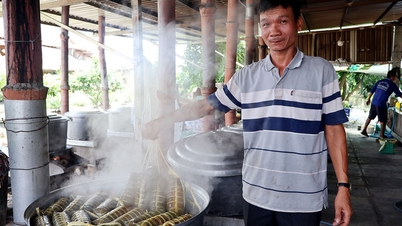






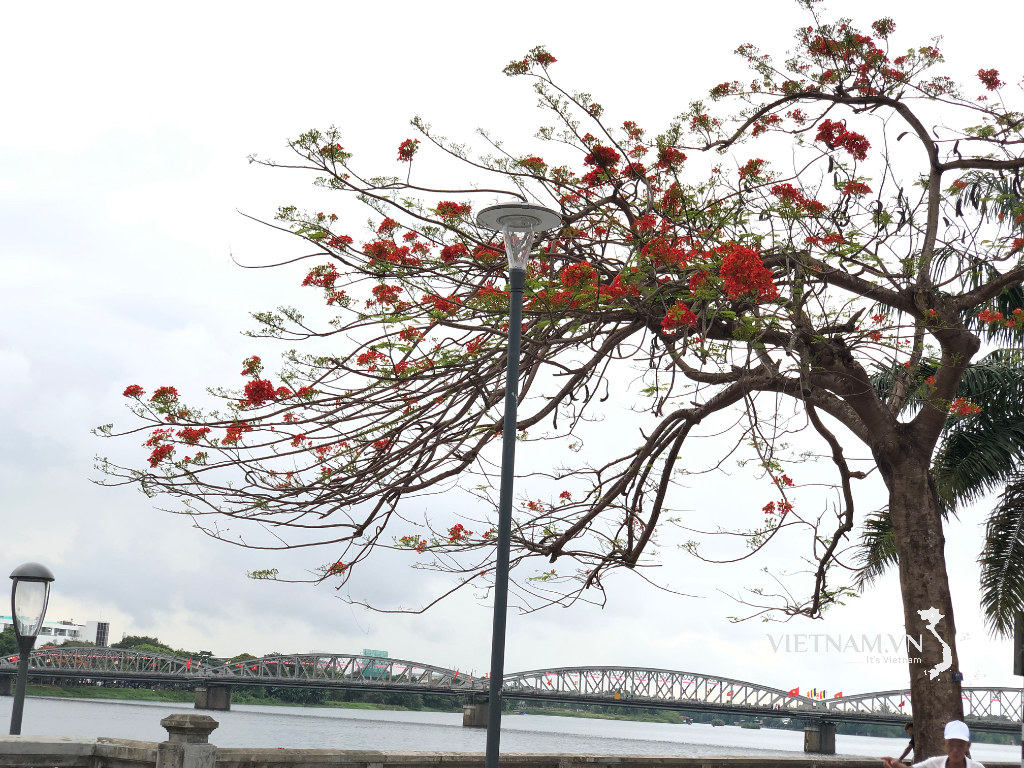

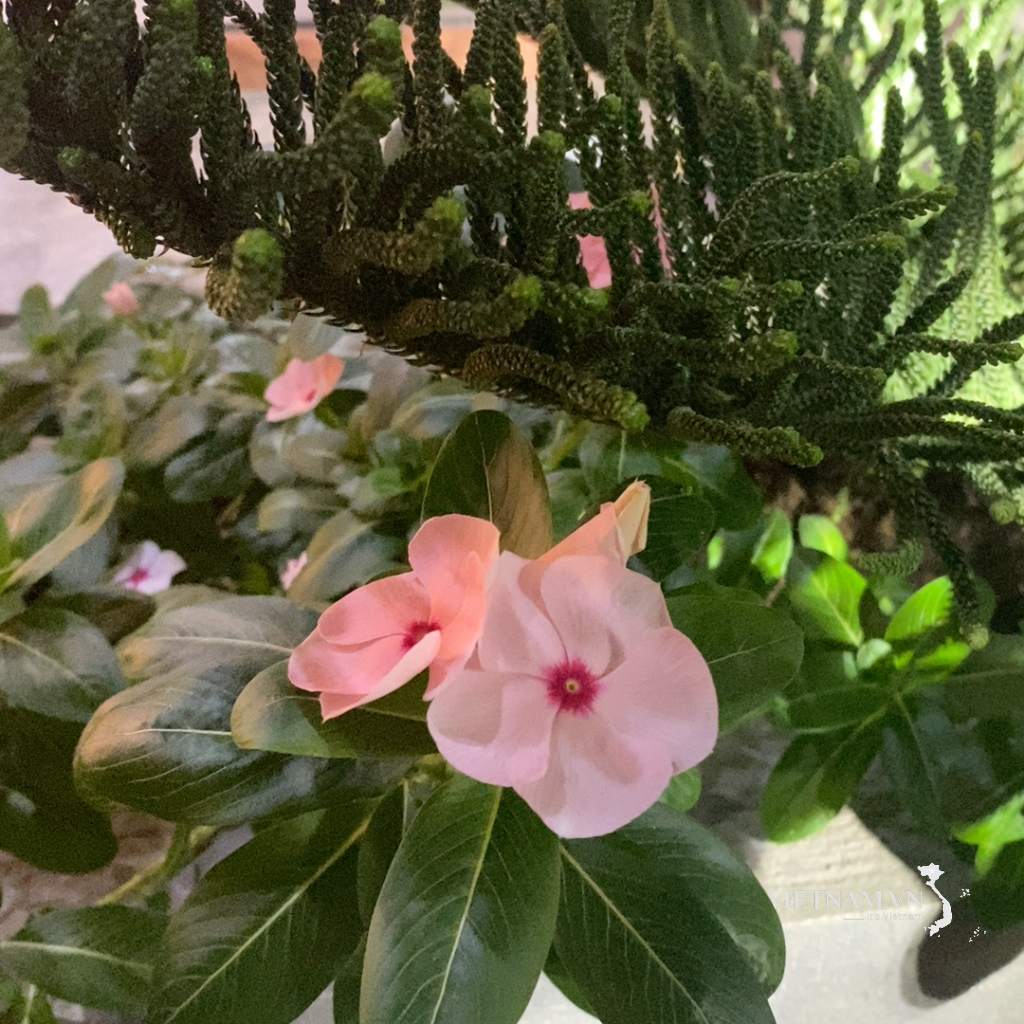
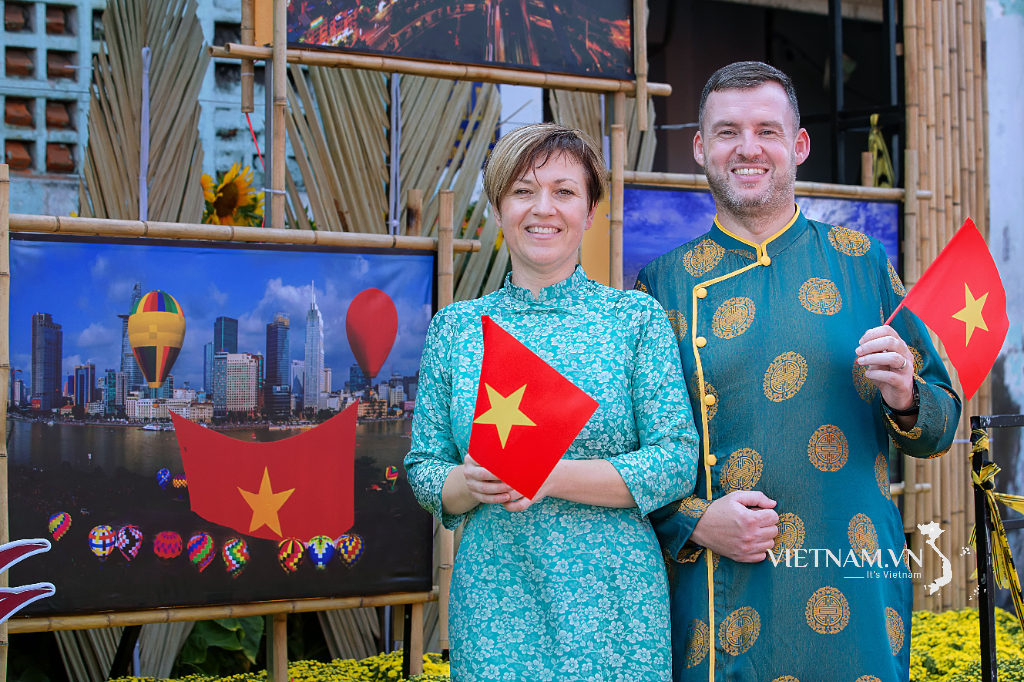
Comment (0)